
If you’ve run into a garden rut, we’ve got you covered. It’s time to start planning for your first trip to the local nursery or garden center. What plants will you need for a new garden area? Are you noticing a lack of excitement or color outside (we call this the mid-spring slump)? Just itching for an exciting new addition to a well-established bed? Now is the time to make a list of the perennials, shrubs, and/or trees that will fill those needs.
To help you make the best choices, we’ve asked regional garden experts to tell us what plants are on their spring shopping lists. These plants serve a range of purposes in the garden, but all are region-specific stars. From out-of-this-world flowers to show-stopping foliage and everything in between, discover fantastic plants that would be a welcome addition to any garden in the region.
Find great shopping-list plants for the Mid-Atlantic below, and check out this comprehensive collection of articles to discover more springtime planting and planning inspiration.
1. ‘Xit’ daffodil

Name: Narcissus ‘Xit’
Zones: 3–8
Size: 4 to 6 inches tall and wide
Conditions: Full sun to partial shade; well-drained soil
Native range: Hybrid
‘Xit’ is one of my favorite daffodils for naturalizing. The growth is not too vigorous, which is favorable in a meadow or minimally mown lawn; unlike some other daffodils, it won’t quickly grow into a dense clump, creating unsightly, floppy foliage after flowering. With delicate, cool white flowers, this variety brings elegance to a spring design and pairs well with other soft, seasonal colors. The outer petals are rounded behind a demure open-cup center with a blushed green eye. This daffodil looks great up close in a container or grown en masse, where it gives the impression of cumulus clouds. Remember to allow the foliage to remain after flowering to build energy for next spring’s bloom.
2. ‘Slender Silhouette’ sweetgum

Name: Liquidambar styraciflua ‘Slender Silhouette’
Zones: 5–9
Size: 50 to 60 feet tall and 5 to 6 feet wide
Conditions: Full sun to partial shade; moist, well-drained soil
Native range: East-central and southeastern United States
Contrast is a fundamental principle of garden design. If you’re looking for a tree that stands out from the crowd, ‘Slender Silhouette’ sweetgum is an almost literal exclamation point in the landscape. This cultivar retains the qualities that we love about sweetgum trees—a tolerance for different soil types and moisture levels—but in a starkly upright form. Its unusual structure provides a great foil to other trees and shrubs. This tree is useful for slim, narrow pockets in the garden and is a great candidate for an allée. The foliage is glossy green during the season but shines in autumn with red, orange, and yellow hues.
3. ‘Blue Angel’ clematis

Name: Clematis ‘Blue Angel’ syn. Clematis ‘Blekitny Aniol’
Zones: 4–9
Size: 10 to 15 feet tall and 3 to 4 feet wide
Conditions: Full sun to partial shade; moist, well-drained soil
Native range: Hybrid
This robust, vining perennial blooms with a profusion of flowers in early summer, right when color is needed in the lull between spring and summer bloomers. The four perfectly ovate petals have the texture of crinkled tissue paper. The flowers’ soft coloring, pale blue with a hint of lavender, shines brightly over the dark green foliage and emphasizes this texture. Clematis use their leaf stems to climb, and a trellis with thin supports (about pencil thickness or smaller) is ideal. Plant ‘Blue Angel’ at the base of a spring-blooming shrub for a second round of flowering in the same space, or pair it with another perennial climber.
4. ‘Straw Hat’ Pennsylvania sedge

Name: Carex pensylvanica ‘Straw Hat’
Zones: 3–8
Size: 1 foot tall and 1 to 1½ feet wide
Conditions: Partial to full shade; medium to dry, well-drained soil
Native range: Eastern and central North America
Pennsylvania sedge is one of the most versatile plants out there. Whether you’re using it as a natural ground cover, a textural accent in the border, or even as a container plant, this native is a solid performer. ‘Straw Hat’ has larger ornamental flowers in spring than the straight species, adding to its year-round interest. Sturdy plumes of butter-yellow, fuzzy flowers are held high above the foliage. The soft, weeping habit pairs well with spring ephemerals and low-growing summer annuals or perennials. This sedge prefers dappled shade and has a spreading habit.
David Mattern is a horticulturist at Chanticleer, a public garden in Wayne, Pennsylvania.
Fine Gardening Recommended Products
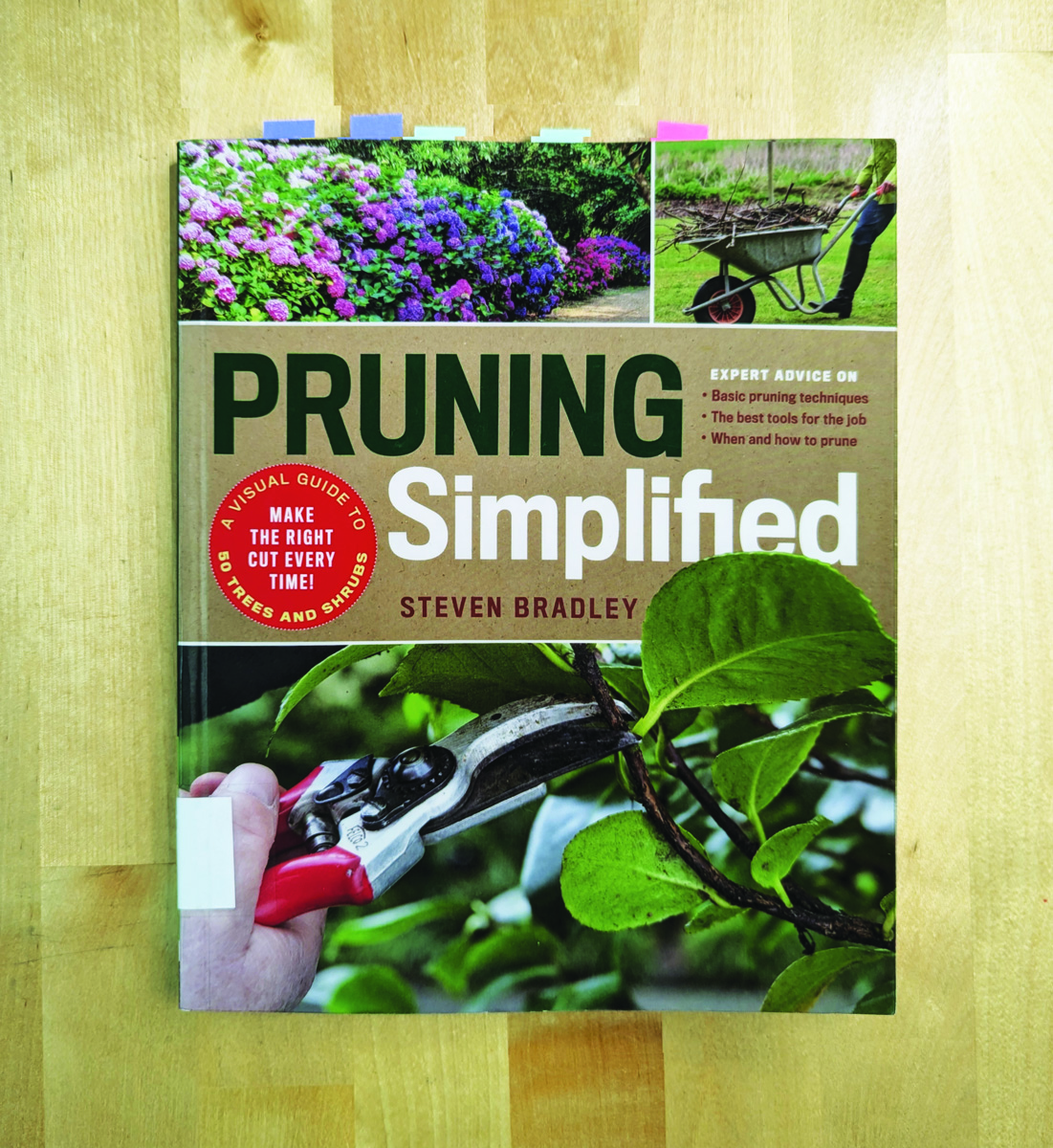
Pruning Simplified: A Step-by-Step Guide to 50 Popular Trees and Shrubs
Fine Gardening receives a commission for items purchased through links on this site, including Amazon Associates and other affiliate advertising programs.
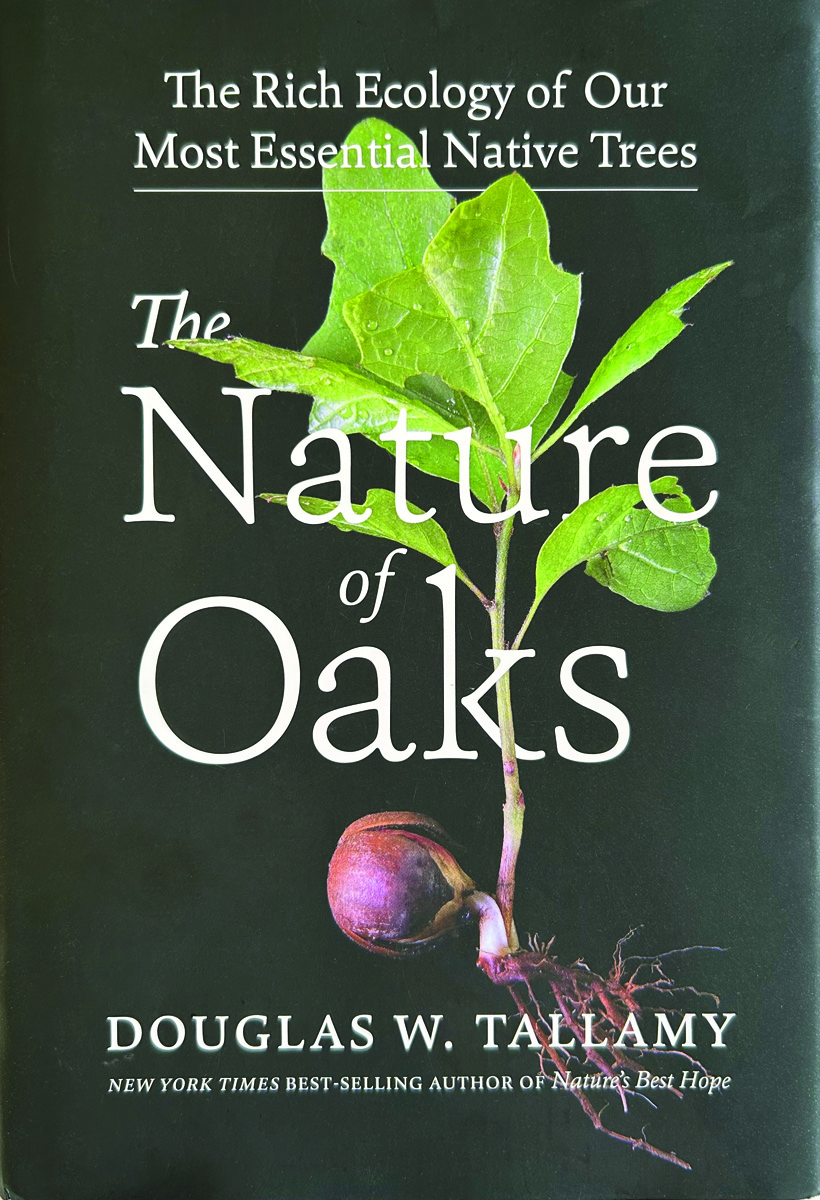
The Nature of Oaks: The Rich Ecology of Our Most Essential Native Trees
Fine Gardening receives a commission for items purchased through links on this site, including Amazon Associates and other affiliate advertising programs.
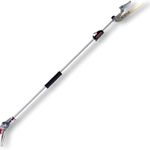
ARS Telescoping Long Reach Pruner
Fine Gardening receives a commission for items purchased through links on this site, including Amazon Associates and other affiliate advertising programs.





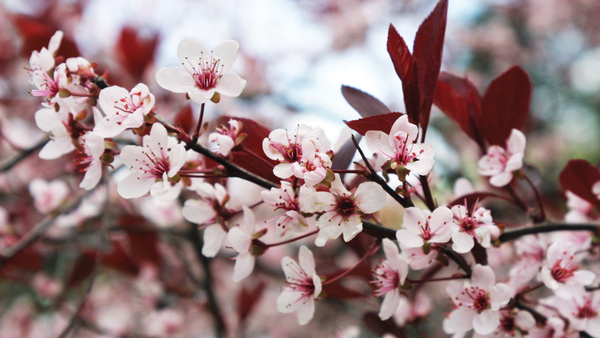

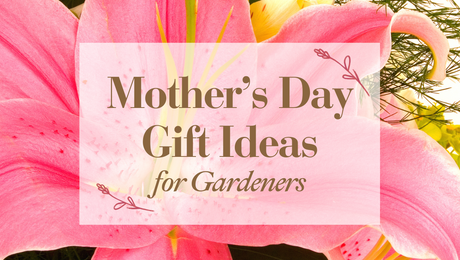
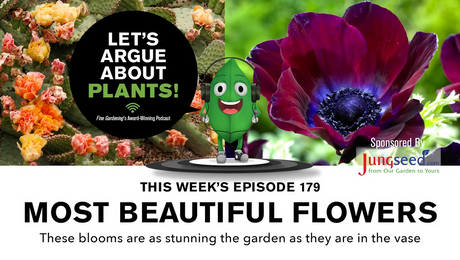










Comments
Log in or create an account to post a comment.
Sign up Log in